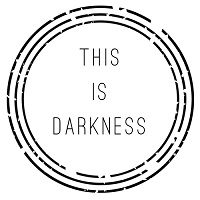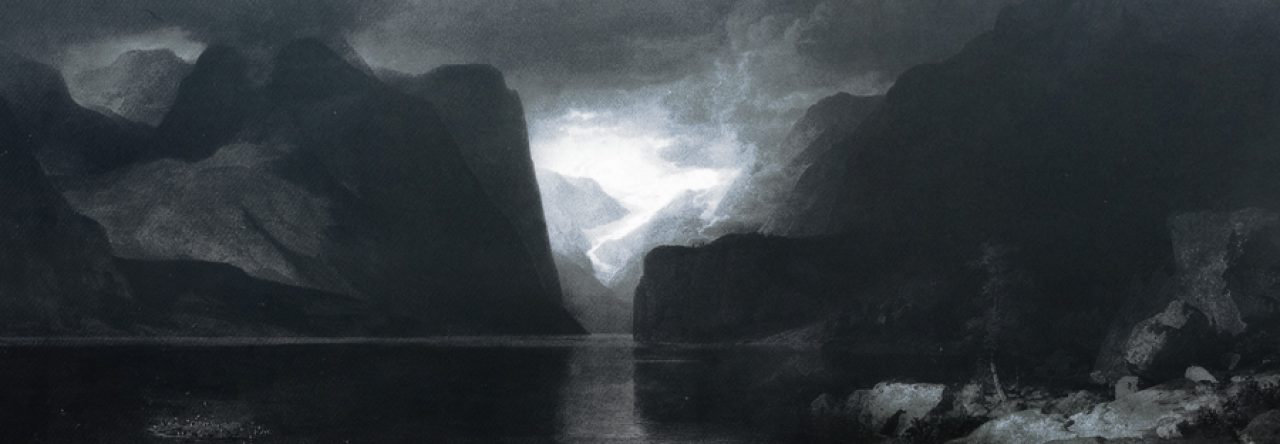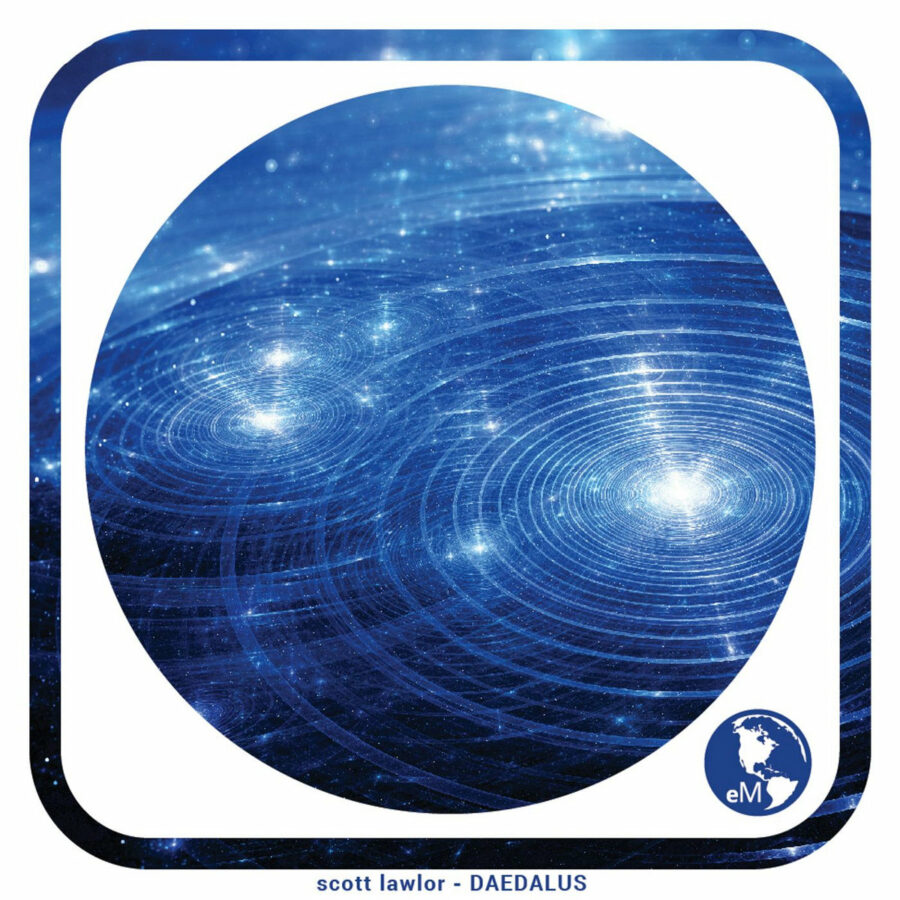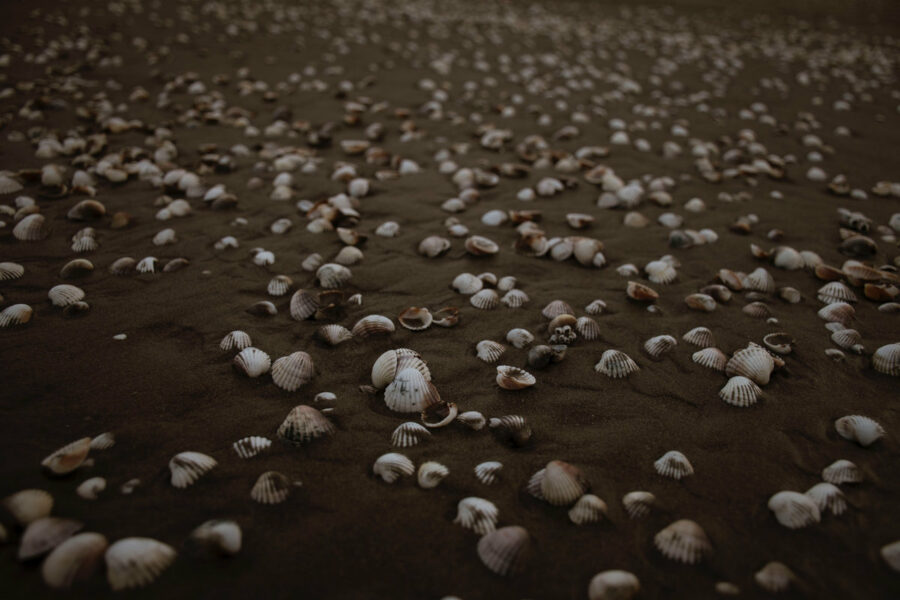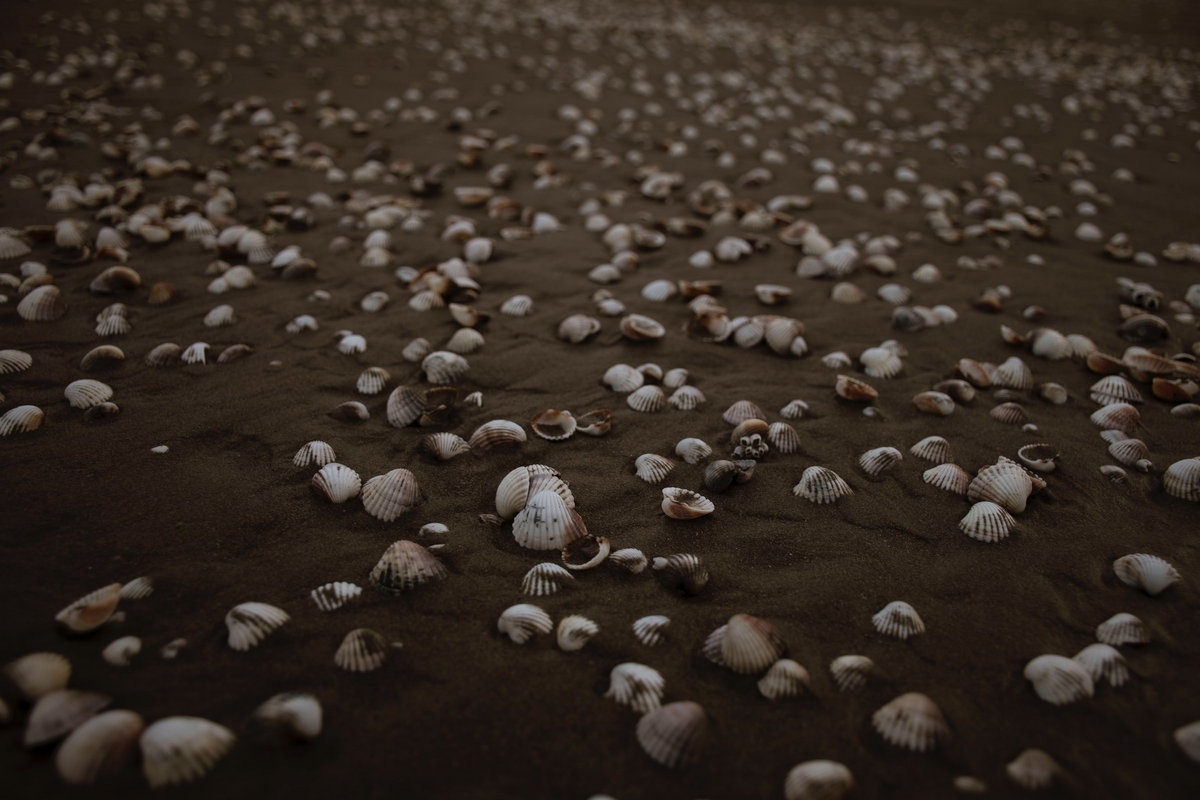Quick housekeeping: If you want to make sure you know about all new publications on This Is Darkness, the best way is to subscribe to our email list. You can do this by submitting your email address via ‘SUBSCRIBE TO BLOG VIA EMAIL’. You will find this in the right panel as you scroll down slightly. As Facebook is forcing people to spend more and more money for less and less coverage, this is becoming increasingly necessary!
I’ve been wanting to speak with Scott since I first heard the album Life Passes Slowly Unto Death. Scott’s music is sometimes dark and edgy, other times lighter and relaxing – but it’s always powerful, soul-stirring stuff that cannot fail to move you. I hope you will all enjoy this interview and consider supporting the artist – he has some great work on his Bandcamp page, which is linked to at the bottom of this article!
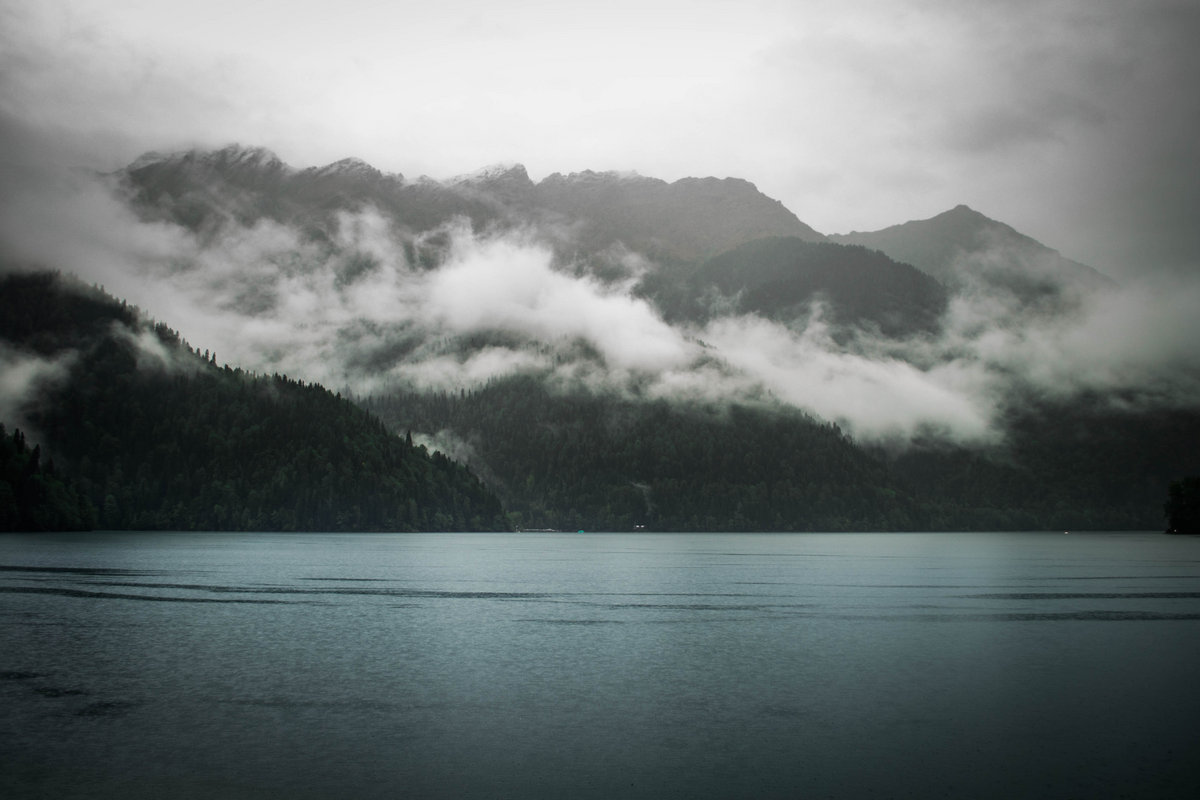
Interviewer: Rich Dodgin
Interviewee: Scott Lawlor
Rich: Hi Scott! First of all, a massive thank you for this opportunity to interview you for This Is Darkness, and to give our readers a chance to learn more about you and your music.
Scott: Thank you, I appreciate the opportunity.
Rich: Firstly, can you tell us a little about yourself.
Scott: I am a socially introverted, totally blind stay-at-home dad who has a curious mind about many things and uses music to express myself as I have found that, after dropping out of graduate school, where I was getting a degree in counseling, I found that I put sounds together much better than words. This is a bit ironic since I have a double major in English and Psychology and originally wanted to be a novelist after my undergraduate adviser talked me out of pursuing a career as an English teacher.
Rich: For those who aren’t familiar with your music, can you provide a brief overview of your musical projects and the music you make.
Scott: I am the type of person who doesn’t like to do the same thing twice, or at least, not twice in a row so my musical explorations range from light ethereal ambient, to solo piano, cosmic space music, dark ambient, some progressive rock and even a bit of noise music under a different side project that I don’t release too much in these days.
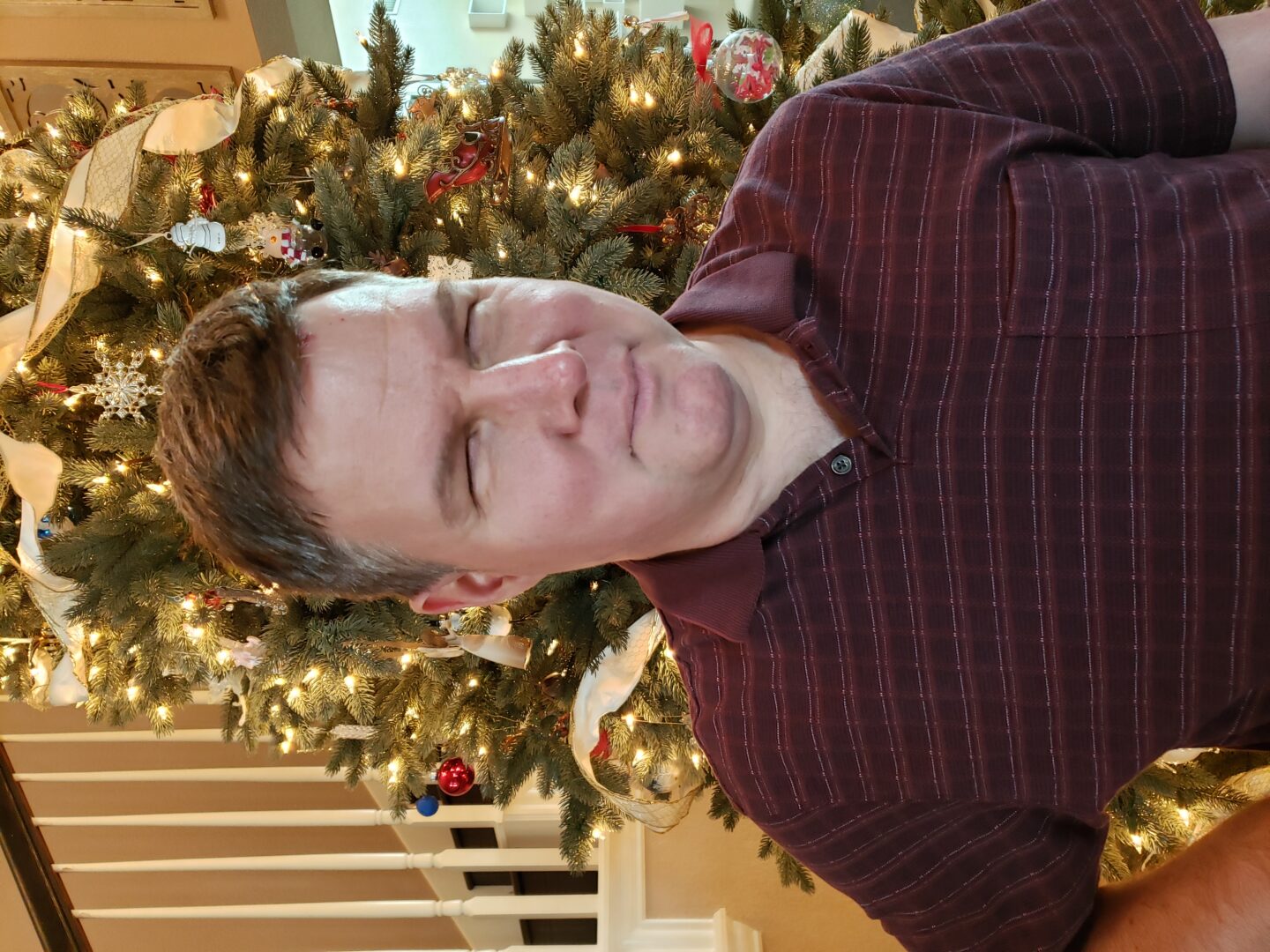
Rich: Do you have a preferred approach to creating your music, and what techniques and / or equipment do you use?
Scott: Most of the time, I just sit down at the keyboard, hit record and just start playing.
I used to exclusively use hardware but after hearing about Native Instruments and their Komplete keyboards which have accessible features for the visually impaired, people in the blind community spent literally years trying to convince me to take the plunge into software synthesizers. I was always nervous about doing this because I thought it would be too complicated and I would rather spend my time creating music then learning about and troubleshooting new technology.
After a while, when I didn’t feel so inspired by the limited number of sounds available on my Roland synth, I decided to just go for it and so within 5 days of getting my new keyboard and all the software I would need, I was up and running and recording.
Rich: Do you have a particular personal belief system, and if so how is that reflected in music?
Scott: That’s a complicated question and my answer could probably be a novel on the subject.
I was raised Catholic but went to a southern Baptist university and discovered that I didn’t fit in very well when it came to trying to talk theology to the fundamentalists. It was a frustrating experience to try to encourage them to go beyond the literal interpretation of scripture and I remember one short conversation that summarizes the problem quite well.
My friend: “If the bible says that Jonah was swallowed by a Whale, then I believe it.”
Me: “what does that story say about his journey spiritually or psychologically?”
If I could see, I probably would have seen my friend roll her eyes and just walk away.
Then there was the professor who had issues with the notion that Jesus went to hell for 3 days, or so tradition says. The Baptists at that time just weren’t interested in exploring those kinds of things, so again, I just felt out of place when it came to religion.
After going to a Catholic graduate school, I learned of things like Centering prayer and some of the existentialists like Rollo May, Erik Fromm, Saurian Kierkegaard and the like and I turned to more new-age ideologies but it all morphed, at some point, into deism, you know, the idea that God is the clockmaker who wound up the universe and doesn’t really intervene.
After my brother died in 2017 from an 11 month battle with stage 4 sarcoma, and my music took on a much more personal meaning with a trilogy of albums, some of which were nominated for ambient album of the year, I began to read about and listen to different accounts of people who had near death experiences and how these had profoundly influenced and changed their lives.
I am still fascinated by the topic to this day but I don’t really have any specific spiritual practices like prayer, meditation or going to church.
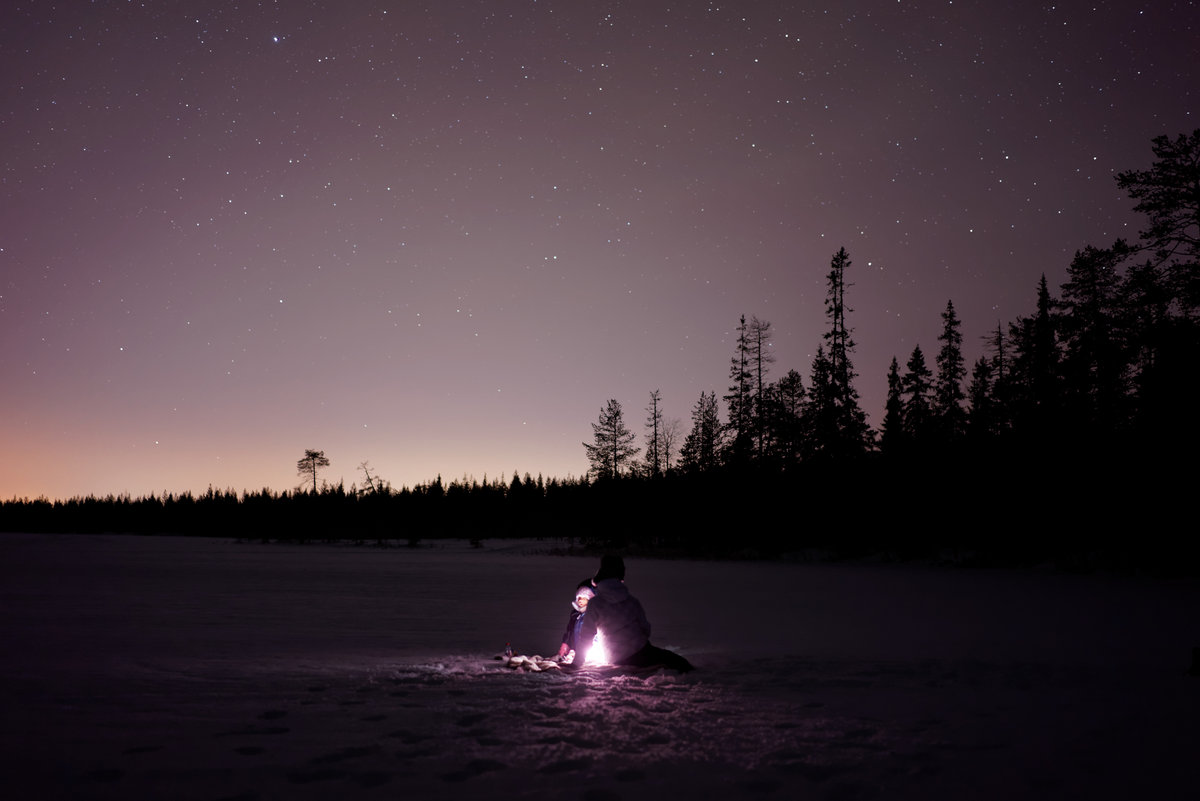
Rich: Do you perform your music live? If so, how do you find that experience, and do you prefer it to studio work?
Scott: When I was living in Akron Ohio and the surrounding areas during most of the 1990’s, I performed live at different coffee houses, restaurants, a few malls, and even an outside wedding for a friend. performing live was okay and at the time, I had an ensoniq sq1 keyboard where I would preprogram a lot of the backing tracks to my music and do improvising over it in a live setting. On occasion, the system would crash and I’d have to stay up all night to redo everything for the gig the next day.
This was before I discovered ambient music and I was playing more new-age material, inspired by people like Suzanne Ciani, Yanni and artists like that.
Once, a coffee house owner paid me in coffee beans for my performance so I ended up getting 9 pounds of coffee for that gig. We ambient musicians, we’ll take anything.
Rich: Can you tell me about your own journey of musical discovery and experimentation? How did you discover / fall in love with ambient / dark ambient / drone music, and how did your creation of music develop over the years?
Scott: I’ve always been interested in music from when I was a small boy living in Rhode island from ruining my mother’s Elvis collection by scratching the needle across the albums because I liked the sound, to banging on the piano in my aunt Joanne’s basement at her house at cape cod.
I would create weird collages out of different music using tape recorders and record players and I was listening to the rolling Stones and Pink Floyd from the time I was 5 years old, maybe younger.
It wouldn’t be until around 1997 when someone sent me a cassette recording of a Robert Rich sleep concert that he gave in Cleveland, Ohio that my interest in ambient music would be discovered. After that, I heard the work of Klaus Schulze, Steve roach and decided myself to give writing ambient music a try. That’s when I wrote my first ambient album called Times Escape which wouldn’t be released until around 16 years later in 2013 on the weareallghosts internet label.
Rich: Are there any particular musicians who have inspired or influenced you?
Scott: Yes, many including the aforementioned Robert Rich, Klaus Schulze and Steve roach along with Tangerine Dream, Lucette Bourdin, John Zorn, Merzbow, Lustmord, Kammarheit, SVARTSINN and Harold Budd just to list a small selection.

Rich: How would you describe the current state of ambient / dark ambient / drone music?
It’s a rather expansive genre with so many people releasing so many albums, yours truly included and the variety of releases out there from artist to artist is pretty amazing.
A lot of people over this last year have commented in general that the limitless options of sonic exploration available to them have provided a lifeline in a world where it feels like almost everything else is spinning out of control. Music is one of the few grounding therapeutic sources out there and I am humbled and honored to be a part of such a talented community of ambient artists all over the world.
Rich: What are your future musical plans?
Scott: I’ve got a couple of collaborations lined up for 2021, I may still do isolation concerts on YouTube from time to time and I’ve got a sequel to my 2015 album called Journey through the Bootes void that I started working on in 2015 and it’s still not complete. It’s my longest album to date clocking in at 12 and a half hours.
Is there anything else you’d like to say?
Not that I can think of.
Rich: Thank you so much for your time, Scott!
Scott Lawlor Links
